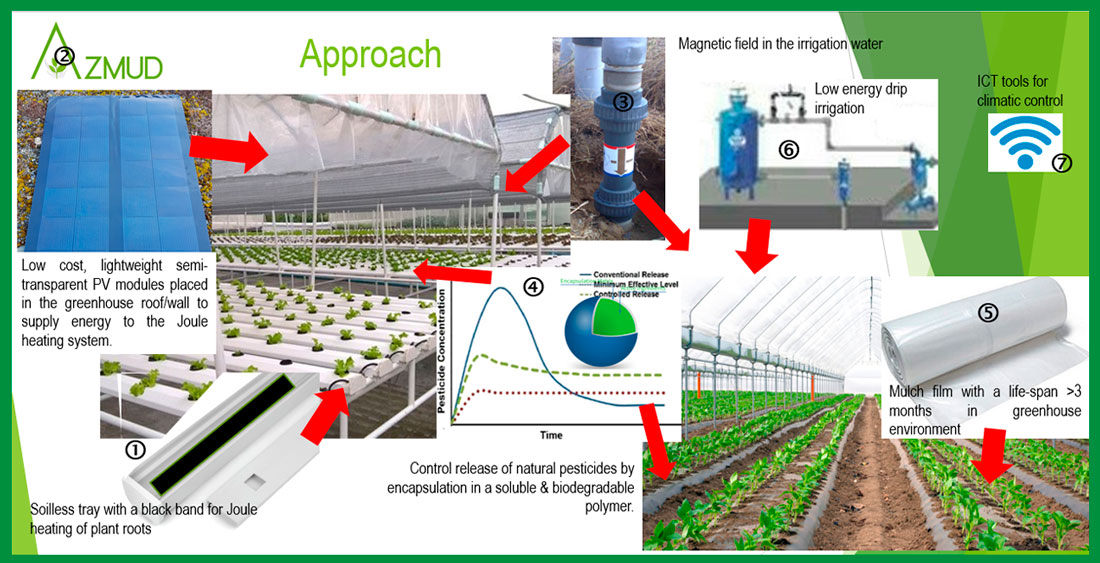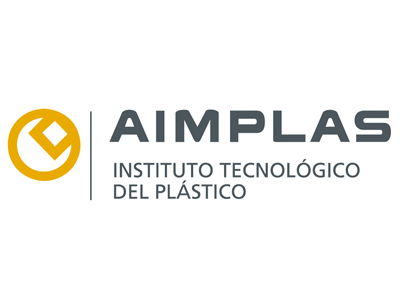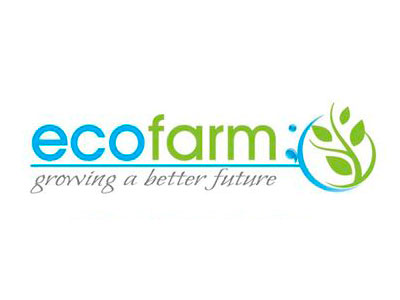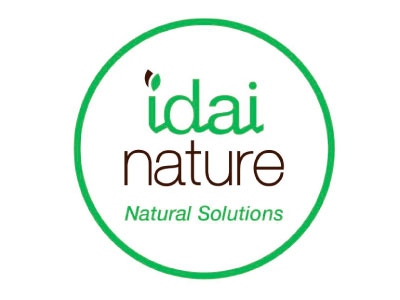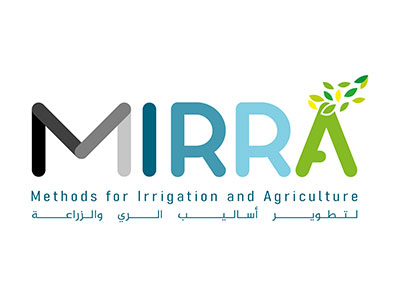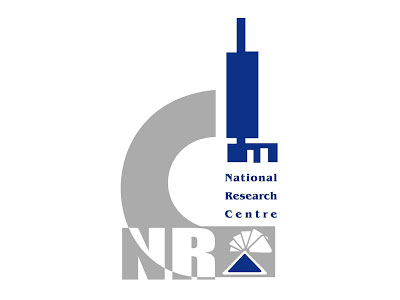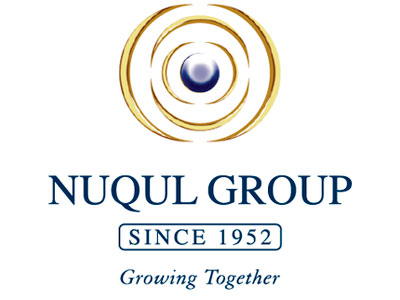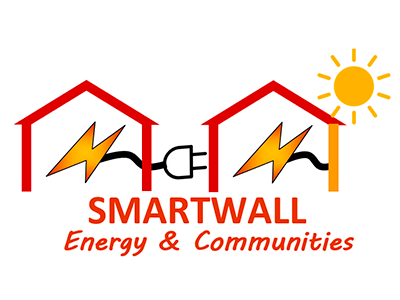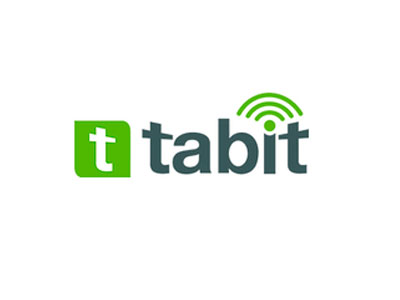Project
About the project
AZMUD will be focused on reducing the cost and efficiency of heating systems by a local joule heating of plant roots based on electrically conductive plastics integrated in standard soilless systems, at the same time it will be adapted and optimized the ultra-low energy drip irrigation to the soilless greenhouse’s conditions to increase the use of wastewater, reduce the water and energy needs.
In relation to the irrigation system, it will be identified the potential of magnetically treated water for increasing the efficiency of it, which leads to a better quality and quantity yield of greenhouse crops.
Moreover, this last advance will enable to control the number of pathogens/plant parasites by combining magnetic fields, control release pesticides and optimized agronomic parameters. Other solutions settled within AZMUD scope will be developing a new control release system based on tailor-made biodegradable polymers, that in melt state can be used to coat and encapsulate natural pesticides from botanical innovative formulations suitable for several crops.
